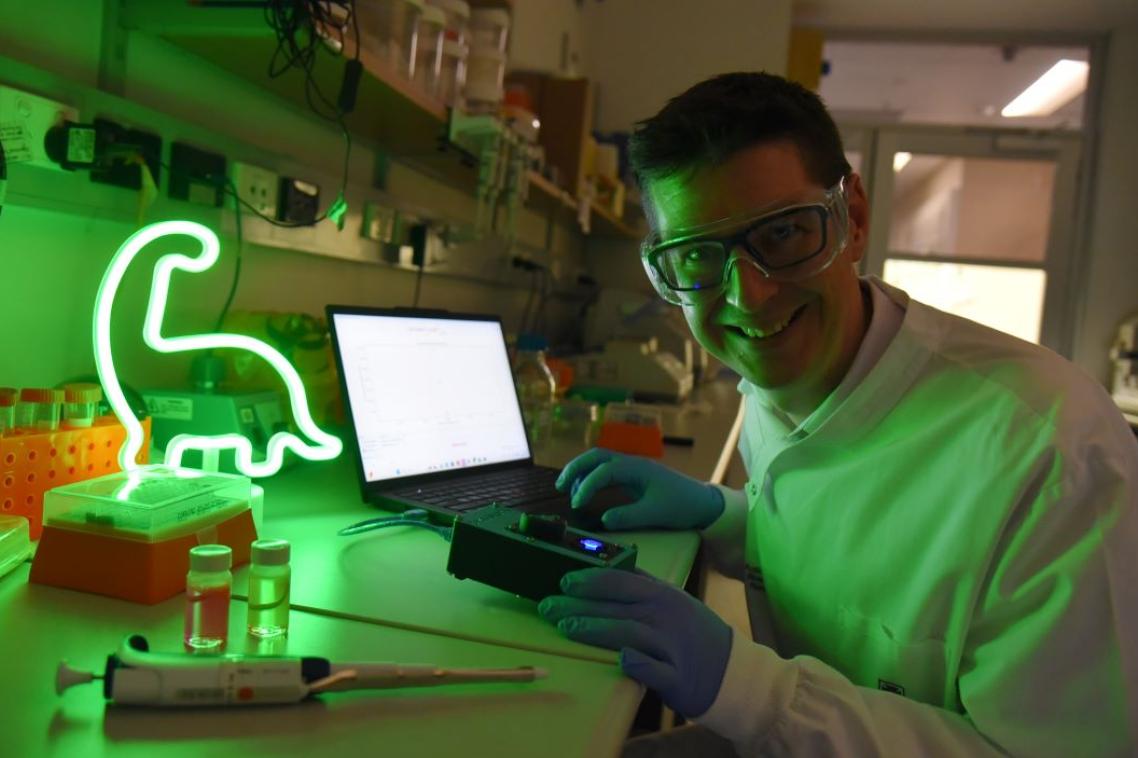Seeds safe in the bank – for life
Scientists from The University of Queensland (UQ) have received a million dollar grant to set up the state’s first-ever “seed bank” for arid zone native plants.
Called Seeds for Life UQ, the program is part of the international Millennium Seed Bank Project initiated by the Royal Botanic Gardens Kew in the United Kingdom, which aims to collect the seeds of 24,000 native plant species worldwide– 10 percent of the world’s flora – over the next six years.
The stored seeds will allow the conservation of native plant species, while associated research is expected to yield information for successfully rehabilitating mine sites and other degraded landscapes.
“In our project we’re collecting the seeds of more than 700 mainly arid zone native plants which will be used to create Queensland’s first-ever germplasm collection of this kind as well as a duplicate collection at Kew,” project leader Associate Professor Stephen Adkins said.
“That will build up stocks of rare and threatened species, complementing the conservation work going on in the field and ensuring we don’t lose species to local or, worse, total extinction.
“At the same time, we will be researching the seed biology of each species to provide solutions to some of the most difficult environmental problems currently faced.
“For instance, improving germination or seeding efficiency, of our native plant species is one of the biggest challenges in landscape rehabilitation. Many species have developed dormancy as a protective measure from the arid environment they grow in and will not germinate unless conditions are just right.
“Given conditions in mine sites and other degraded areas are rarely those of a natural environment, dormancy and other seed characteristics of some species can be such a problem that it precludes their use in revegetation projects, even when they are otherwise the most suited plant for that environment.
“A better understanding of seed biology will assist us to develop improved revegetation technologies for mine site, floriculture, forest and other ecological restoration projects. That means trying to identify the optimum time for collecting high quality seed, the best post-harvest handling and storage practices, germination protocols and dormancy-breaking techniques.”
Associate Professor Adkins said UQ’s research team of three senior scientists and two postgraduate students would also be involved in training others in the seed collection, handling and storage methods they develop to share any new knowledge and improve the expertise of people working in the field.
He said mining companies including BHP Cannington, Xstrata`s Ernest Henry mine, Zinifex Century mine, BHP Billiton-Mistubishi Alliance and Rio Tinto had expressed particular interest in the project, contributing $200,000 on top of the $1.1 million provided under the Millennium Seed Bank Project.
Other agencies including the Australian Centre for Mining Environmental Research Ltd (ACMER), Griffith University, the Brisbane Botanic Gardens, the Environment Protection Agency and Greening Australia are also involved in the broader state-wide program of which Seeds for Life UQ is a major part.
For more information, contact Associate Professor Steve Adkins on (07) 3365 2072 or Brad Henderson, Marketing Coordinator, Faculty of NRAVS, on (07) 5460 1229 or 0409.265.587
Related articles

National endometriosis plan sees no real increase in take-up of treatments

The DNA analysis device that can be made on a 3D printer
Media contact
UQ Communications
communications@uq.edu.au
+61 429 056 139
